- Supplements
- Fat Burners
- Pre Workout Booster
- Testo Booster
- Ephedrine HCL
- ECA stack
- Yohimbine
- Prohormones
- SARMs
- Power
- Muscle
- Accessories
- Fat loss
- Diet
- Health
- Endurance
-
Cart
-
50€+ Order = Free Shipping
*AT & DE
Manufacturers
BESTSELLER
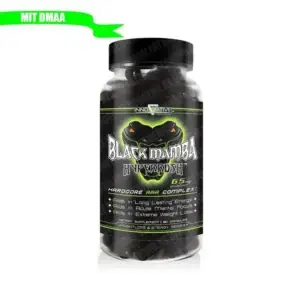
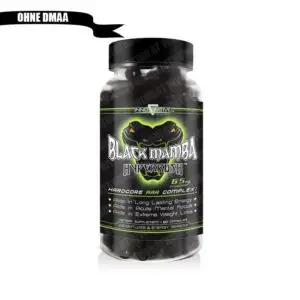
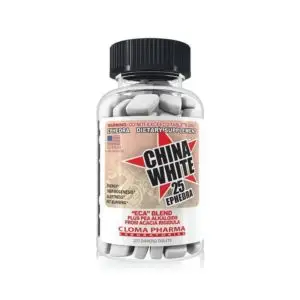
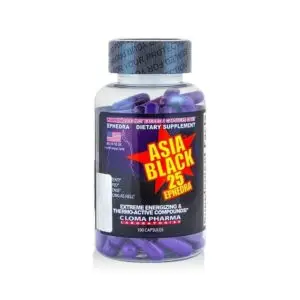
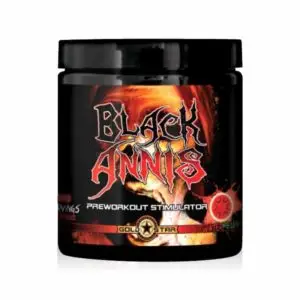
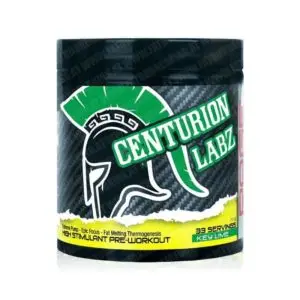
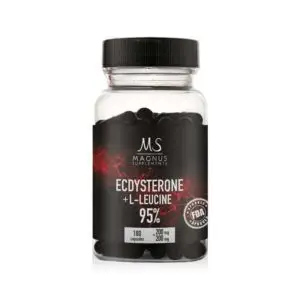
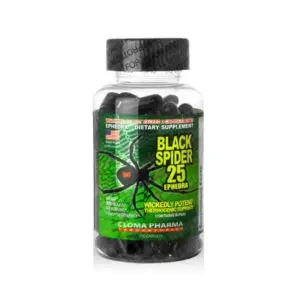
About
FATBURNERKING


Resveratrol is not just any active ingredient; there are various forms, including trans-resveratrol, which are being investigated in differentiated studies. The discovery of effective anti-ageing solutions is an ongoing process and research into this active ingredient is at the heart of the current scientific debate.
Resveratrol is a fascinating polyphenolic compound found in various plant species, especially grapes. It is known for its powerful antioxidant properties and potential health benefits, such as anti-cancer and anti-inflammatory effects. The chemical structure of resveratrol is represented by the molecular formula C₁₄H₁₂O₃, and it presents as a white solid. The global focus on resveratrol increased when it was first described and named in Japan in 1939. Particular attention is paid to the low resveratrol content in red wine, which is well known among connoisseurs of red wine consumption due to its potential health benefits. However, the amount of resveratrol in wine can vary greatly depending on the type of wine.
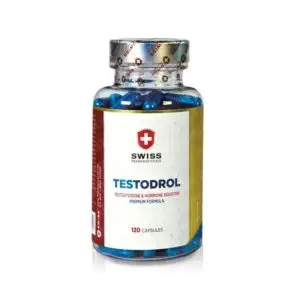
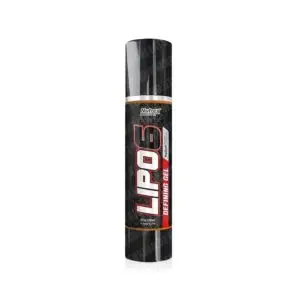
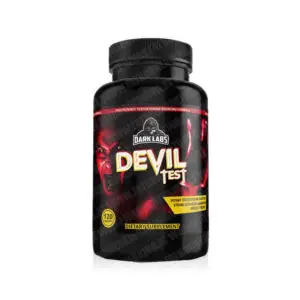
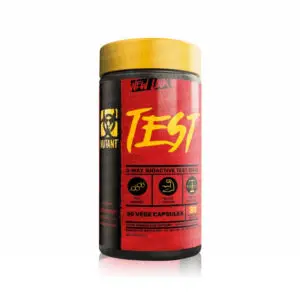
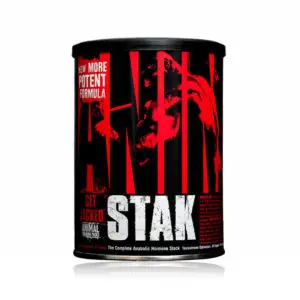
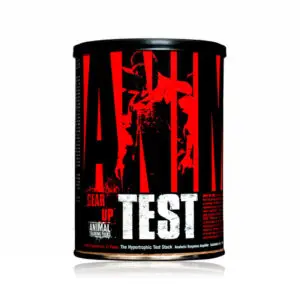
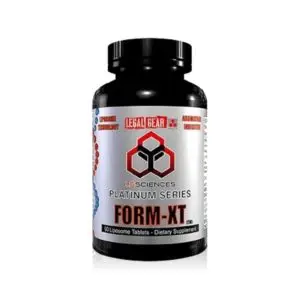
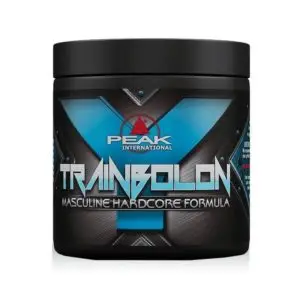
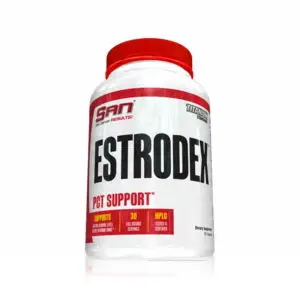
Resveratrol is a plant substance of natural origin found in a variety of plants, including grapes, various berries and nuts. It was discovered as a phytochemical in 1939, which opened the way for a thorough investigation of its sources. Other natural sources of resveratrol include berries such as cranberries, strawberries and red and black currants. Nuts such as peanuts and pistachios also contain this valuable ingredient. A significant source of trans-resveratrol, the active form of this compound, is knotweed, which is known for its exceptionally high concentrations. Trans-resveratrol is often extracted from the skins of grapes, as these contain the highest concentrations of this protective polyphenol.
Resveratrol occurs naturally in two forms: cis-resveratrol and trans-resveratrol. Of these two isomers, trans-resveratrol is more common and is considered to be the more active and effective, especially when used in dietary supplements. The main difference between the two forms lies in their molecular structure, with trans-resveratrol being considered the more effective isomer. Due to its stable properties and good bioavailability, trans-resveratrol is preferred in dietary supplement formulations.
Trans-resveratrol is a highly purified form of polyphenol known for its remarkable antioxidant properties. Typically, supplements containing trans-resveratrol are produced in purities of over 98% to ensure maximum efficacy. These purity levels are important to ensure the effectiveness of supplemental resveratrol and to realize its full health benefits. Resveratrol is one of the valuable ingredients that can contribute to the defense against free radicals in a healthy lifestyle.
Resveratrol is a naturally occurring polyphenol found mainly in the skin of red grapes and in red wine. It is known for its potentially positive effects on health, particularly due to its antioxidant properties that can neutralize free radicals. This antioxidant action not only supports the cardiovascular system, but may also have anti-inflammatory effects that benefit cellular health. Studies suggest that a daily intake of 150 to 500 mg of resveratrol may be beneficial, although the exact benefits remain the subject of scientific research. However, due to its estrogen-like properties, pregnant and breastfeeding women and those taking certain medications should be cautious when taking it.
Resveratrol is known for its impressive benefits in terms of skin health. This substance has powerful antioxidant properties that can help fight free radicals and protect the skin barrier from damage. By stimulating collagen synthesis, resveratrol contributes to improved skin texture and evenness. This natural compound can also activate the skin's youthfulness enzymes, which can help to significantly boost cell vitality and restore the skin's youthful radiance. In addition, due to its phytoestrogenic properties, resveratrol may help to slow down collagen breakdown and stimulate other antioxidants in the skin to provide an additional protective mechanism.
The ability of resveratrol to support brain function has attracted great interest in the scientific community. Studies show that resveratrol can help to reduce inflammatory processes in the central nervous system, which could be particularly beneficial for the prevention of Alzheimer's disease. The plant substance also improves blood circulation in the brain, which can support the activation of the central nervous system. Because of these properties, resveratrol is often referred to as a nootropic, as it can stimulate cognitive processes and thereby stimulate brain function. Although the results to date are promising, further research is needed to understand the full potential of resveratrol in preventing cognitive decline and to confirm its effectiveness as a dietary supplement.
Protection against cognitive decline is another notable benefit of resveratrol. Various studies suggest that this polyphenol may have a positive impact on cognitive decline by reducing inflammation and controlling the deregulation of metal ions in the brain, which are important in Alzheimer's disease. Resveratrol can reduce inflammatory processes in the central nervous system and improve blood flow to the brain, which could be particularly relevant in the prevention of Alzheimer's disease. The ability to modulate inflammatory responses may be a key component of resveratrol's potential protection against cognitive decline. Although the research is promising, the effects of resveratrol on brain health and protection against cognitive decline still require extensive studies to fully understand the mechanisms and efficacy.
Resveratrol is an organic compound that is often praised for its potential health benefits and antioxidant properties. In a 2010 study, it was shown that daily intake of 2500 mg of resveratrol may be most effective in reducing cancer risk. Notably, however, a 2020 Cochrane review indicates that there is a lack of sufficient randomized controlled clinical trials to conclusively evaluate the efficacy of resveratrol in the treatment of type 2 diabetes.
Furthermore, meta-analyses from 2014 and 2018 found no significant effects of resveratrol on systolic or diastolic blood pressure. Similarly, resveratrol has no proven effect on blood lipid levels and there is a lack of sufficient evidence for its effect on metabolic syndrome.
Despite these limitations, ongoing research is focused on further investigating the anti-inflammatory and anti-carcinogenic properties of resveratrol. These studies could provide new insights in the future that could expand its potential applications and contribute to a healthy lifestyle.
Laboratory studies have shown that resveratrol activates genes known as longevity genes. However, concrete scientific evidence for the anti-ageing benefits of resveratrol is not yet sufficient to make specific health claims.
Recommended dosages of resveratrol are between 250-500 mg per day for potential longevity and anti-ageing benefits. However, there are also resveratrol products in high dosages, such as a resveratrol premium complex.
A regular intake of resveratrol can be a valuable part of a healthy lifestyle, especially due to its antioxidant effects. However, consumers should always pay attention to the high purity and choose products from laboratories that have been tested for purity. Secure payment when purchasing these products is also important.
Resveratrol is considered a promising component of a healthy lifestyle, thanks to its antioxidant properties and potential health benefits. The correct dosage may vary depending on which aspects of health are to be improved. In general, studies recommend a daily intake of 150-500 mg of resveratrol to achieve comprehensive health benefits.
For improving heart health, typical dosages are also between 100-500 mg daily. These doses can help support heart function and reduce the risk of cardiovascular disease. When slowing the aging process through anti-aging effects, doses of 250-500 mg of resveratrol per day are often recommended. To promote metabolic health, recommended doses vary within the same range of 150-500 mg daily.
An example of a specific recommendation is to take one capsule daily containing 500 mg of trans-resveratrol. This dosage is considered sufficient to support metabolic health and promote the anti-ageing effect.
Although resveratrol is considered safe, side effects can occur at high doses. In some studies, gastrointestinal problems such as diarrhea, nausea and weight loss have been observed with high doses of resveratrol. Especially when taking more than 2.5 grams of resveratrol over long periods of time, these symptoms may become more likely and lead to significant discomfort.
For individuals with non-alcoholic fatty liver disease, resveratrol supplementation can potentially contribute to liver problems. Therefore, these individuals should be especially careful with their resveratrol intake and discuss potential risk factors with a healthcare provider.
In addition, resveratrol can influence oestrogen production, which could lead to undesirable hormonal effects. Therefore, people who are sensitive to hormonal changes should use resveratrol with caution. Fortunately, resveratrol is not known to have any serious side effects when taken in small doses, making it a generally safe supplement for most people.









Resveratrol is a naturally occurring polyphenol found in various plants and foods. The skins and seeds of grapes used in wine production are particularly rich in resveratrol. Therefore, the consumption of red wine is often associated with the intake of this valuable ingredient.
Here are some of the most important natural food sources of resveratrol:
Resveratrol has been found in more than 70 plant species, including mulberries and plums. A varied diet that includes these foods can be part of a healthy lifestyle and offers numerous health benefits through its antioxidant effect, which can neutralize free radicals.
© copyright 2018-2025 Fatburnerking.at
| Cookie | Duration | Description |
|---|---|---|
| cookielawinfo-checkbox-advertisement | 1 year | This cookie is set by the GDPR Cookie Consent Plugin and is used to record the user's consent for the cookies in the "Advertising" category. |
| cookielawinfo-checkbox-analytics | 11 months | This cookie is set by GDPR Cookie. The cookie is used to store user consent for cookies in the "Analytics" category. |
| cookielawinfo-checkbox-functional | 11 months | The cookie is set based on the consent of the GDPR cookies to record the user's consent for cookies in the "Functional" category. |
| cookielawinfo-checkbox-necessary | 11 months | This cookie is set by GDPR Cookie. Cookies are used to store the user's consent to the storage of cookies in the "Necessary" category. |
| cookielawinfo-checkbox-others | 11 months | This cookie is set by GDPR Cookie. The cookie is used to store the user's consent for cookies in the "Other" category. |
| cookielawinfo-checkbox-performance | 11 months | This cookie is set by GDPR Cookie. The cookie is used to store user consent for cookies in the "Performance" category. |
| CookieLawInfoConsent | 1 year | Records the default button status of the corresponding category and the status of CCPA. It only works in coordination with the primary cookie. |
| elementor | never | This cookie is used by the website's WordPress theme. It allows the website owner to implement or change the content of the website in real time. |
| viewed_cookie_policy | 11 months | The cookie is set by the GDPR cookie and is used to store whether the user has consented to the use of cookies or not. It does not store any personal data. |
| Cookie | Duration | Description |
|---|---|---|
| ssupp.vid | 6 months | Cookie set by Smartsupp to record the visitor ID. |
| ssupp.visits | 6 months | Cookie set by Smartsupp to record the number of previous visits, necessary to track automatic messages. |
| Cookie | Duration | Description |
|---|---|---|
| _ga | 2 years | The _ga cookie installed by Google Analytics calculates visitor, session and campaign data and also tracks website usage for the website analytics report. The cookie stores information anonymously and assigns a randomly generated number to identify unique visitors. |
| _gat_gtag_UA_179465762_1 | 1 minute | Set by Google to distinguish users. |
| _gid | 1 day | The _gid cookie installed by Google Analytics stores information about how visitors use a website and at the same time creates an analytics report about the website's performance. Some of the data collected includes the number of visitors, their source and the pages they visit anonymously. |
| tk_ai | 5 years | JetPack sets this cookie to store a randomly generated anonymous ID that is only used in the administration area and for general analytics tracking. |
| tk_lr | 1 year | The tk_lr is a referral cookie set by the JetPack plug-in on websites using WooCommerce that analyses referral behaviour for Jetpack. |
| tk_or | 5 years | The tk_or is a referral cookie set by the JetPack plug-in on websites using WooCommerce that analyses referral behaviour for Jetpack. |
| tk_qs | 30 minutes | JetPack sets this cookie to store a randomly generated anonymous ID that is only used in the administration area and for general analytics tracking. |
| tk_r3d | 3 days | JetPack installs this cookie to collect internal metrics for user activity to improve the user experience. |
| tk_tc | Session | JetPack sets this cookie to record details of how users use the website. |
| Cookie | Duration | Description |
|---|---|---|
| _fbp | 3 months | This cookie is set by Facebook to display ads after visiting the website, either on Facebook or on a digital platform powered by Facebook Ads. |
| fr | 3 months | Facebook sets this cookie to display relevant ads to users by tracking user behaviour on the web, on websites with Facebook Pixel or Facebook Social Plug-in. |
| Cookie | Duration | Description |
|---|---|---|
| cookies.js | Session | No description available. |
| weglot_wp_rocket_cache | Session | No description |